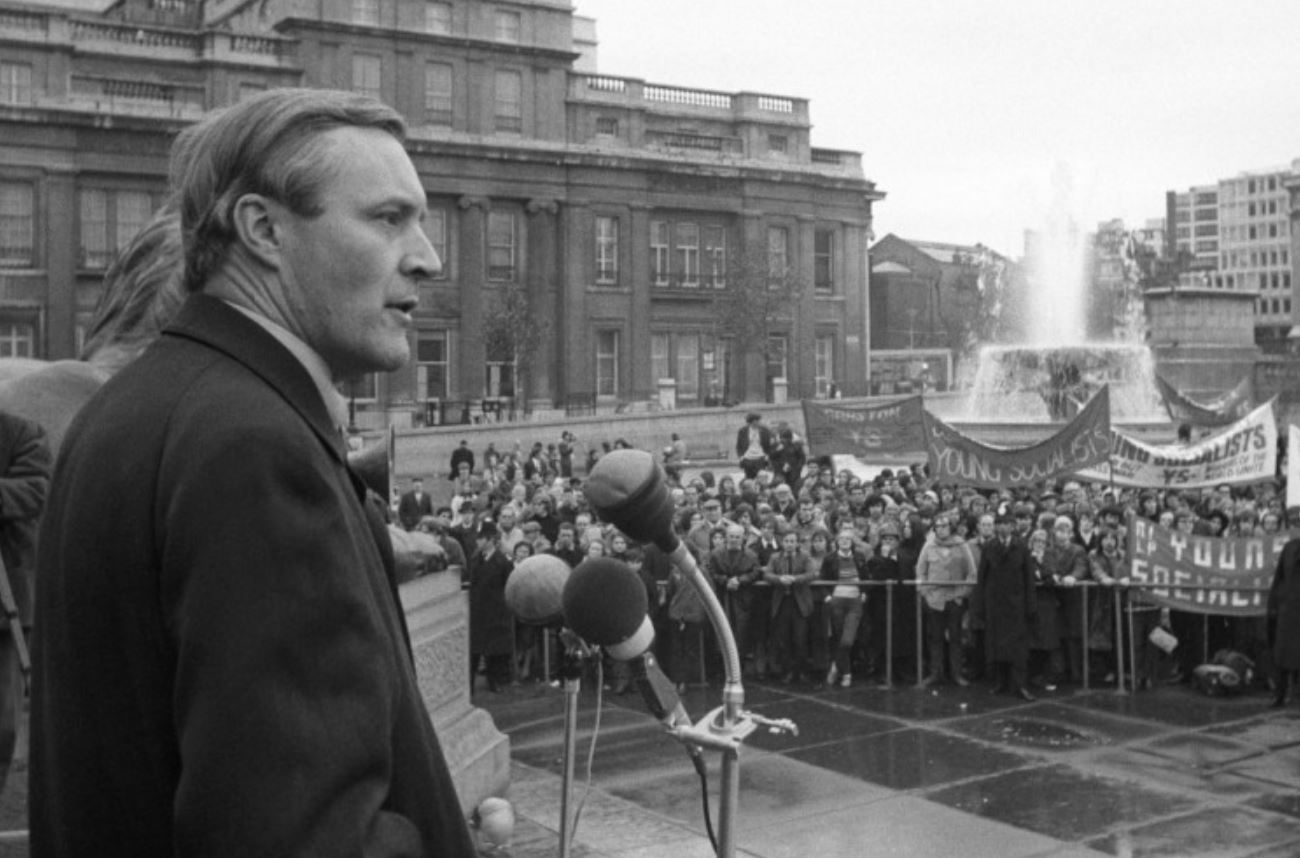Still other efforts to mitigate class antagonisms came from the Anglican and Catholic churches. In England the Christian Socialists urged the Church of England to put aside theological disputes and direct its efforts toward ending social abuses.
The Christian Socialists attacked materialism and championed brotherly love against unbrotherly strife, association and cooperation against exploitation and competition. They relied far more on private philanthropy than on state intervention, however, as did their Catholic counterparts on the Continent, who advocated what they called Christian democracy or social Christianity.
By the second half of the nineteenth century an atmosphere of crisis was enveloping the Roman church. A thousand years of papal rule in central Italy ended when the city of Rome passed to the newly unified kingdom of Italy in 1870; anticlerical legislation threatened traditional Catholic bulwarks in Italy, France, and Germany; and the materialism of the industrial revolution and the new ideologies of science, nationalism, and socialism were all competing for the allegiance of Catholics.
The church initially responded to these problems by seeking refuge in the past. Pope Pius IX (r. 1846-1878) issued the Syllabus of Errors in 1864, condemning many social theories and institutions not consecrated by tradition. While Pius also condemned the materialism implicit in laissez faire, socially minded Catholics were disturbed by his apparent hostility to trade unions and democracy.
His successor, Leo XIII (r. 1878-1903), recognized that the church could not continue to turn its back on modernity without suffering serious losses. He knew that Catholicism was flourishing in the supposedly hostile climate of the democratic and largely Protestant United States.
Moreover, his study of St. Thomas Aquinas convinced him that the church had much to gain by following the middle-of-the-road social and economic policies recommended by that medieval Schoolman. Accordingly, Leo XIII issued a series of modernizing documents, notably the encyclical Rerum novarum (Concerning New Things, 1891).
In Rerum novarum Pope Leo wrote of the defects of capitalism as vigorously as any socialist, and then attacked with equal vigor the socialist view of property and the doctrine of class war. Leo believed that the workers must help themselves, and Rerum novarum concluded with a fervent appeal for the formation of Catholic trade unions.
These Catholic unions exist today, but they are only a minority in the realm of organized labor. Neither the Christian democracy of Leo XIII nor the Christian socialism of the Anglican reformers has achieved all that their founders hoped. Yet the Christian democrats eventually came to play a central part in the politics of Germany, Italy, and other European states.
And in Britain at the beginning of the twentieth century, both Marxism and the Christian socialist tradition helped to attract workers and middle-class intellectuals to the developing Labour party. It was not, in any case, socialism that had proved to be the major threat to traditional religion, nor the most significant product of the industrial society.
The new science, which challenged biblical views of creation and other essentially materialist philosophies, had ushered in an age of materialism.

